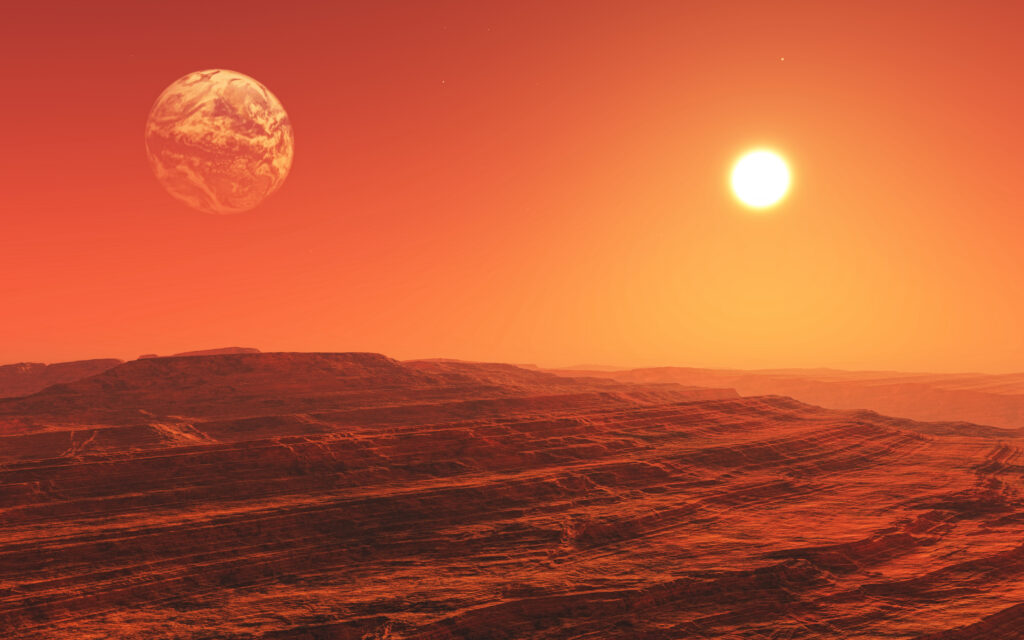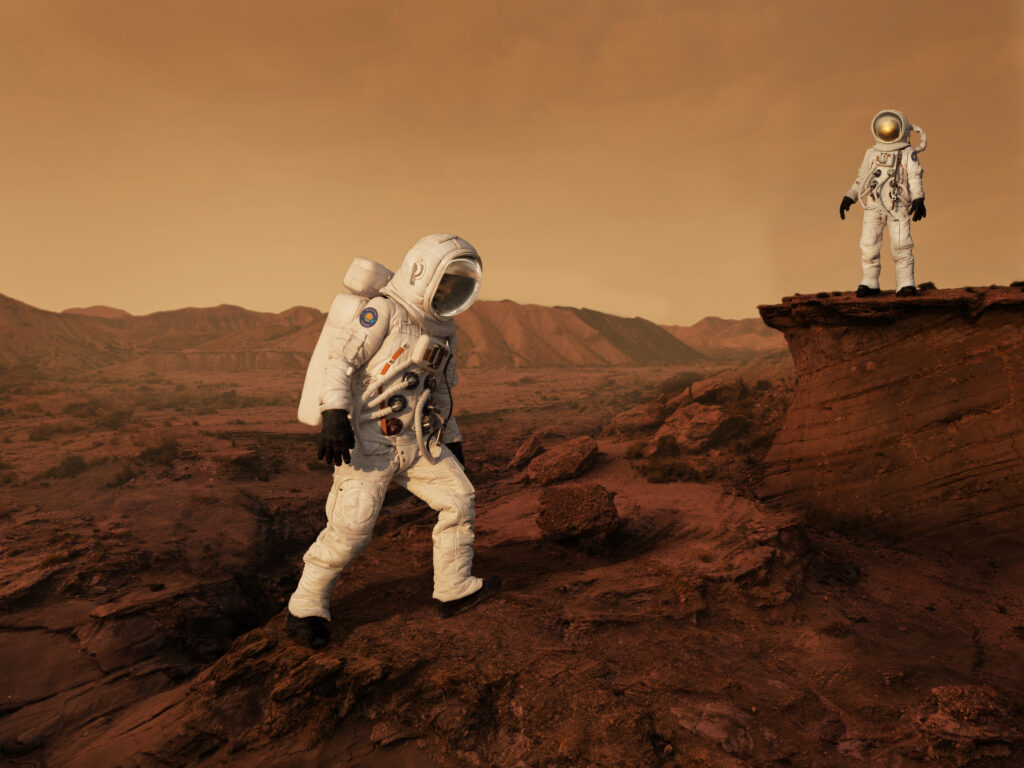Can humans live on Mars planet? Humans require several essential elements for survival, including oxygen, drinking water, food, and a habitable temperature. However, these vital components have not yet been found on planet Mars. The idea of humans settling on the Red Planet has shifted from being a concept of science fiction to a serious goal as we advance in interplanetary exploration. Visionaries Elon Musk, CEO of Tesla and SpaceX, have passionately advocated for the possibility of human habitation on Mars. But is life on Mars truly feasible?
In this blog post, we will explore the challenges and potential of colonizing Mars. We will also discuss topics such as “human habitation on Mars,” “Elon Musk’s Mars colonization efforts,” and “SpaceX’s plans for Mars.”
Understanding the Vision: Elon Musk’s Plans for Mars Colonization
Elon Musk has been very open about his ambition to establish a self-sufficient community on Mars. By the mid-2020s, he aims to launch the first crewed missions to the planet, with the goal of eventually transporting thousands of people there. Musk believes that, considering the serious risks facing Earth, making human life multiplanetary is essential for the survival of humanity. Science has turned many once thought-to-be-impossible things into a possible one. However, this near-impossible task has many Science has turned many things once thought impossible into possibilities. However, achieving this near-impossible task requires fulfilling many specific requirements. Here, we examine these requirements.
- Transportation: The Starship from SpaceX is built to transport people and goods to Mars. Musk hopes to drastically cut costs with its SpaceX’s Starship. Musk aims to significantly reduce costs with its reusable technology, enhancing the feasibility of colonizing Mars. The recent successful test of SpaceX’s Starship reusable rocket system has further advanced Musk’s vision.
- Life Support System: To establish human settlement on Mars, it is essential to develop crucial life support systems, including food production, water recycling, and oxygen generation. SpaceX has explored ways to convert carbon dioxide from Mars into oxygen. Additionally, hydroponics and aeroponics could be effective methods for growing food in controlled environments.
- Sustainability: Musk highlights how crucial it is to establish an ecology on Mars that can support itself. To sustain human life over the long term, this entails improving local resources and energy generation, such as solar electricity.
- Habitat Construction: To protect against radiation and severe weather, early dwellings on Mars may be built using local resources. The development of these habitats can be significantly enhanced by advanced 3D printing technologies.
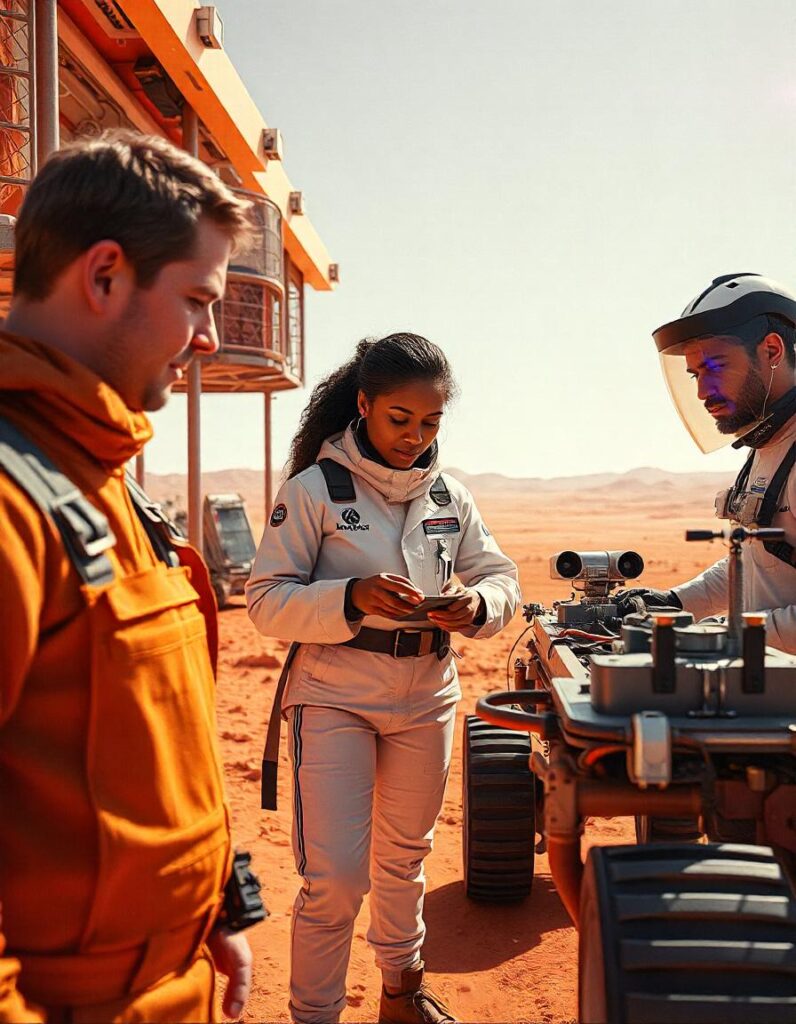
The Difficulties of Mars Settlement
Human habitation on Mars is extremely challenging. The atmosphere of Mars is vastly different from that of Earth. Earth’s atmosphere contains all the essential elements needed for human survival, and we have adapted to our environment through a long process of evolution. In contrast, the atmosphere on the red planet is harsh and uninhabitable. Let’s take a look at the challenges that Musk’s mission may encounter.
- Radiation Exposure: Due to its thin atmosphere and lack of a magnetic field, Mars exposes its inhabitants to harmful cosmic radiation. Possible solutions include subterranean habitats or using Martian regolith as a shield.
- Extreme Temperature: The temperature on Mars varies significantly, necessitating advanced heating and insulation technologies for human survival.
- Psychological Factors: The isolation and cramped living conditions on Mars pose psychological challenges. To ensure the welfare of Martian colonists, research into mental health support networks and group dynamics will be essential.
- Economic Model: The establishment of a colony on Mars will require significant financial investment. The economic model for a Mars colony, including potential industries and resource exploitation, is still under research.

The Prospects for Human Settlement on Mars
The concept of living on Mars is gaining popularity despite the challenges involved. SpaceX is paving the way for a potential breakthrough for humanity with its ongoing innovations and collaborations with space agencies worldwide. Recent discoveries of water ice on Mars also enhance the possibility that future inhabitants could utilize local resources.
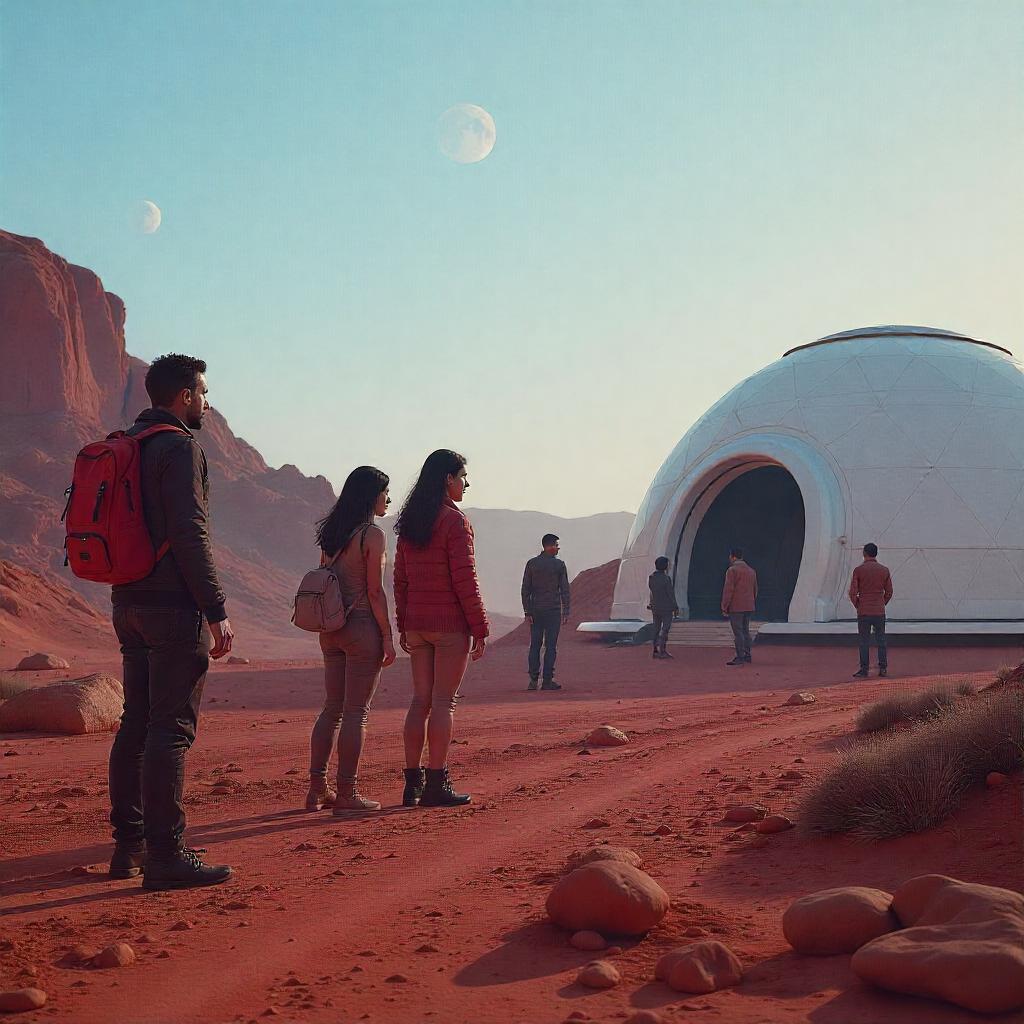
Conclusion
In conclusion, while Elon Musk’s plan for human habitation on Mars is exciting and full of potential, there are numerous challenges that need to be addressed. The concept of colonizing Mars may not be as far-fetched as it once seemed, especially with increased creativity and collaboration. Who knows? The journey to the Red Planet is just beginning, and one day, we might truly make Mars our second home.
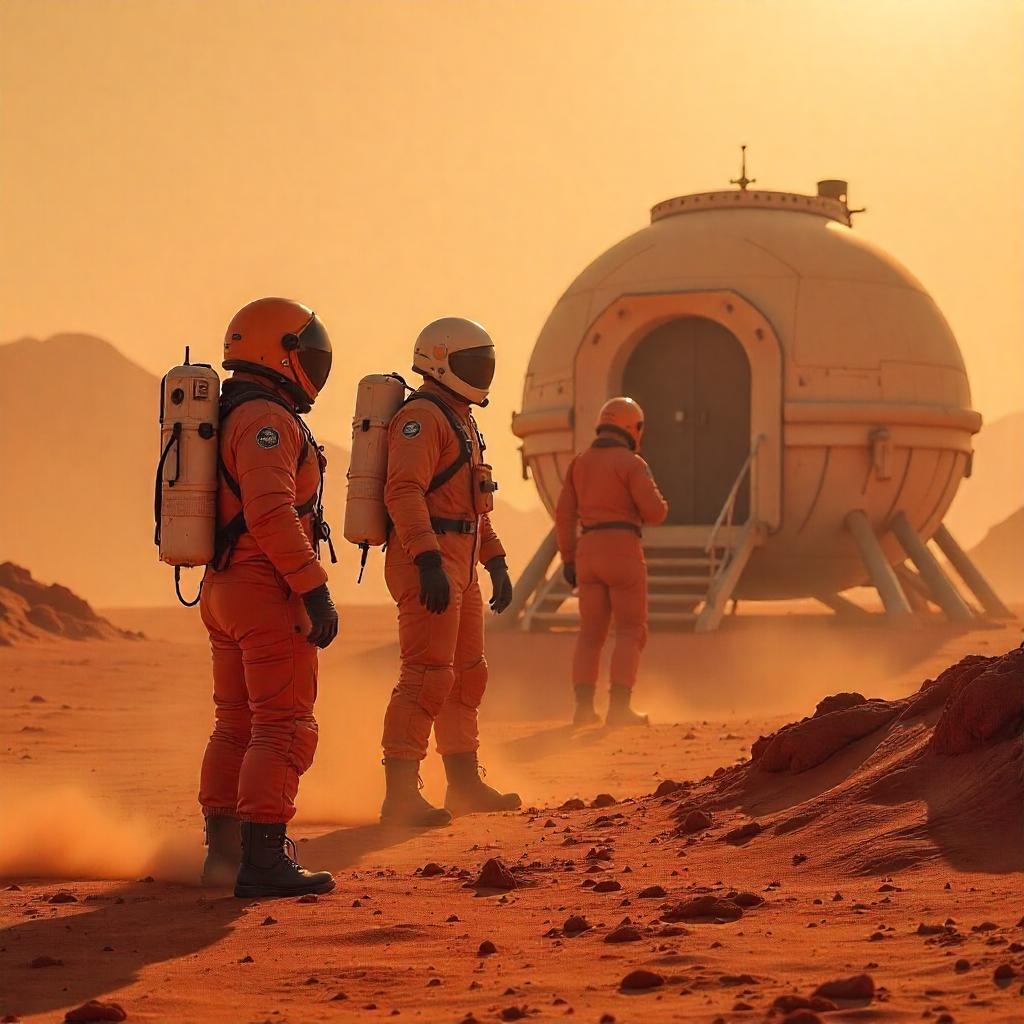
Call to Action
The question of whether humans can actually live on Mars is becoming increasingly urgent as we enter a new era of space exploration. Elon Musk’s plan to build a self-sufficient city on the Red Planet is ambitious, inspiring, and, for many, a captivating dream. However, what is truly necessary to turn this vision into reality? We would love to hear your thoughts!
- What aspects of living on Mars excite you the most?
- What challenges do you believe must be overcome before Musk’s vision can be realized?
- Do you think humans could inhabit another planet, or do you have a different opinion?

